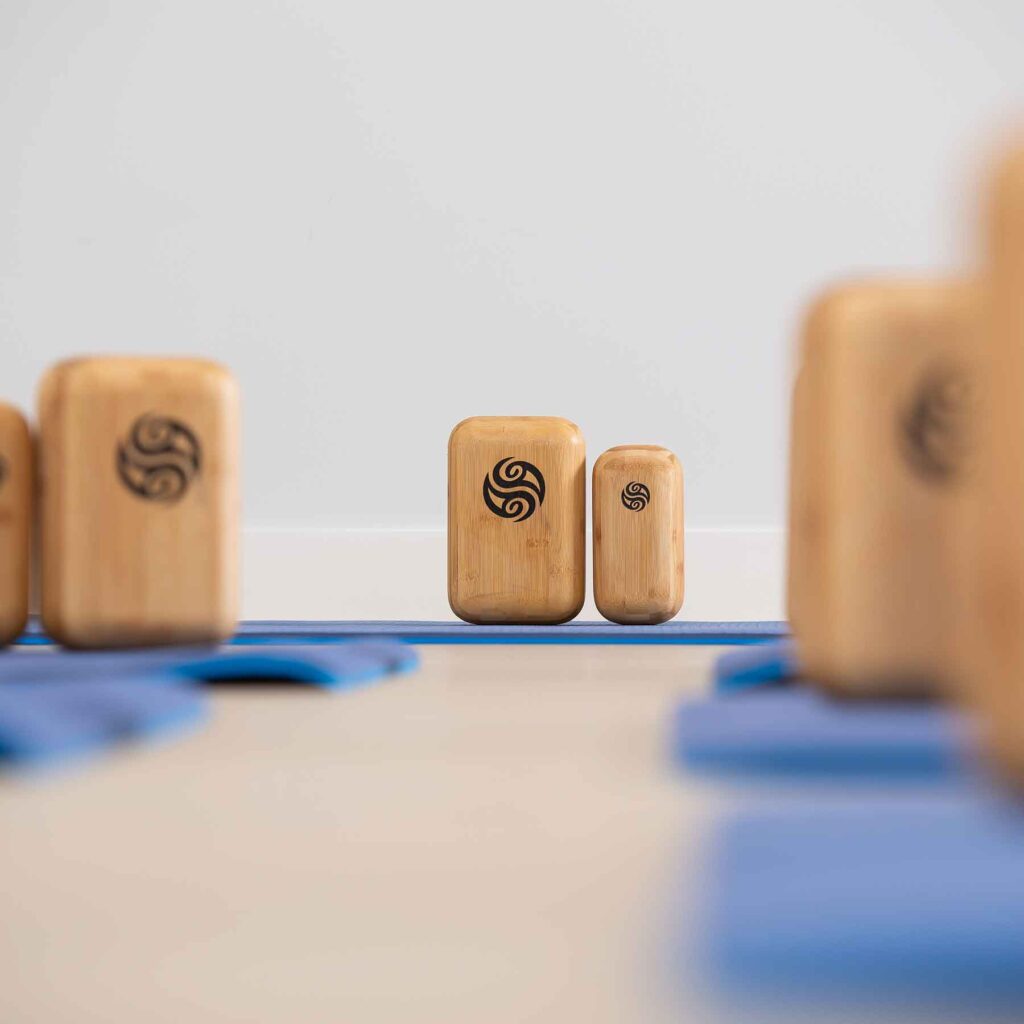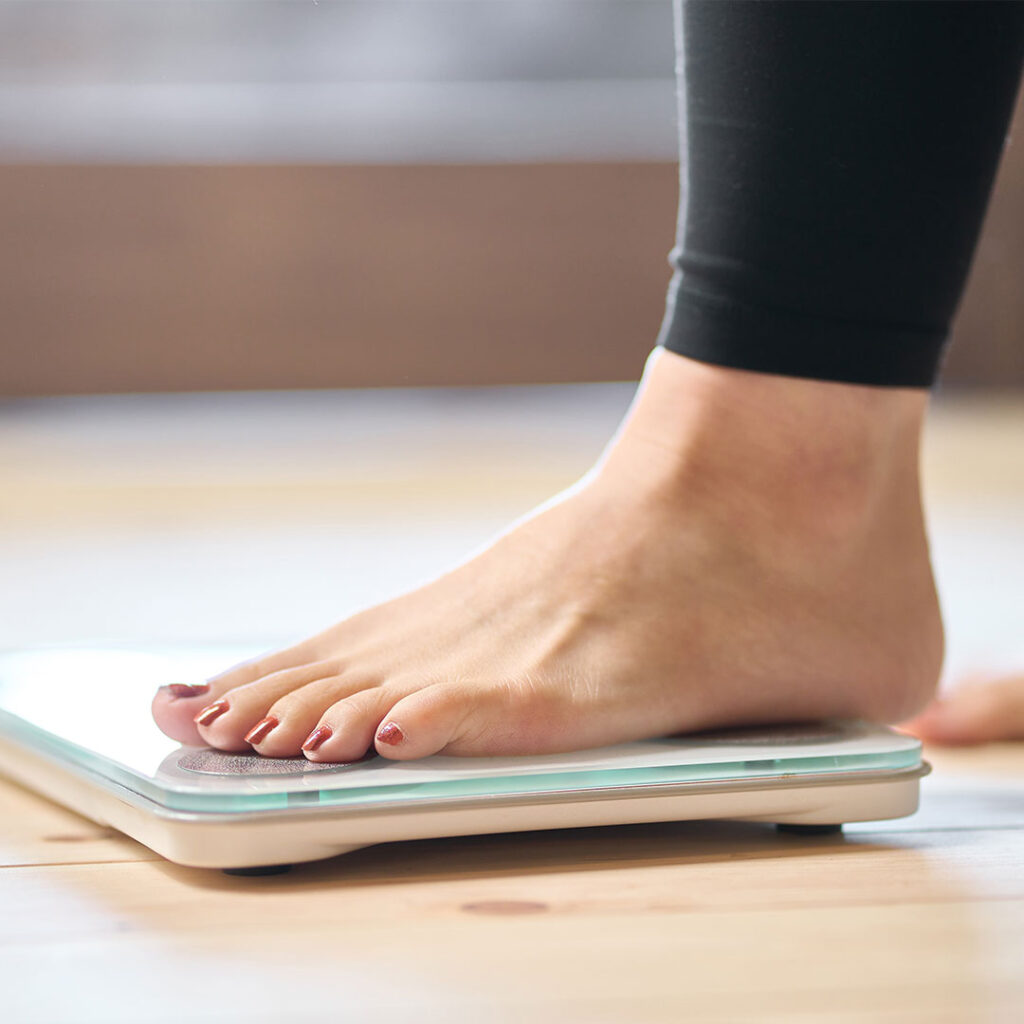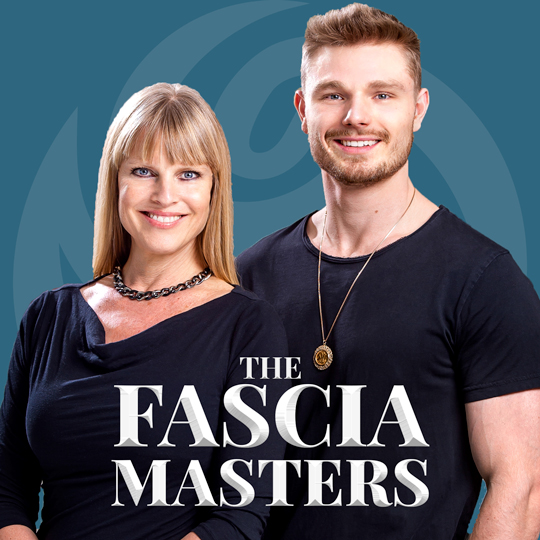Addressing Issues with the Pelvic Floor

Understanding the fascia and how to support it is crucial for a life full of mobility, health, pleasure, and joy. Everything comes down to an ease of flow. Scar tissue and adhesions are the culprit that create challenges in the body, wherever they are located. Also, there are cause sites that live at a distance to the pain or dysfunction we experience. Looking at the alignment of the entire body is required to bring balance and create an environment that can thrive.

When addressing the pelvic floor, an important thing to consider is how you sit and stand. As we are dominant on one side, we often shift our weight onto the less dominant leg when standing or shift our weight onto that SIT bone when seated. This is an unconscious action that develops in order to keep the dominant side free for action. If you look at all the structures inside the pelvis, there is a lot going on. You have the organs of reproduction and elimination sharing space with the hip joints. If the joints themselves become displaced from an imbalanced posture, there will be a squeezing of the internal organs, blocking them from receiving optimal amounts of blood and oxygen, causing scarring and adhesions to develop.
For men and women, this can create a ton of issues, however, for women this area tends to create an enormous amount of pain and frustration. If the pelvis isn’t balanced (and I have yet to see anyone with perfect alignment), then each month as we shed the uterine lining, there will be possible pains and complications. When perfectly aligned, gravity assists the removal of the wall, however if there is a twisting inside the pelvis, the body must work extra hard to push out the tissue, causing cramping. Depending on the alignment, for some, not all tissue ends up leaving, causing the area to become backlogged. This may lead to conditions such as endometriosis, cysts and fibroids.

A prolapse of the organs inside the pelvis can also occur from the lack of space within the body. When the pelvis twists from incorrect alignment of the legs and feet, there is also a pulling down of the ribcage into the core. This happens because the psoas muscle -- the deepest muscle that resides on both sides of the lumbar vertebrae (the vertebrae in the low back), connects the hips and the diaphragm. It is the only muscle in the body connecting the lower and upper body together. This twisting adds immense pressure to the space in the pelvis, from above and below, creating an area that simply can’t support the contents inside, sometimes pushing an organ out of the body. For women undergoing such issues, there is a feeling of loss of control and a disconnection to oneself and can create an immense amount of pain, frustration and depression.
Adhesions also develop inside the walls of the vagina which can cause pain during intercourse. This can lead to additional challenges in a relationship as what should be a bonding and pleasurable experience, can lead to isolation and feelings of guilt and shame. In addition, there can be a social stigma around a woman wanting to receive pleasure, causing a contraction of the area and a postural pattern that continues to become restricted as it stores negative emotions, which add up in the layers of fascia, adding insult to injury. And then, there is sexual abuse and rape, far more common than not. The lasting devastation for a life of connection and intimacy can throw anyone into a state of lifelong depression and fear.
All these challenges can be improved with the understanding of how to treat the fascia and connect to a community of people and educators who can guide you. One of the speakers on our Trauma Relief Summit, Filippa Odevall, shared her personal journey which led to the creation of Moonrise, an online platform to address Women’s Health issues. When she first reached out to see if I would take part in this, I immediately saw the immense value she was providing and said yes. I am thrilled as we created a program which shares how to melt through intra-vaginal scar tissue, as well to address scar tissue and adhesions throughout the pelvis, train proper diaphragmatic breathing and teach proper postural foundations.
When life becomes a challenge, having a community that understands and supports your needs is crucial to overall healing. Knowing you are understood and not alone provides a faith and trust that healing can take place. As women, we often don’t feel we deserve all the fruits that life has to offer, but we do. If you are struggling, there is hope and solutions available.
The Trauma Relief Summit will be held September 20 -21, 2022. Register today to learn more from Filippa and her journey towards healing pelvic floor dysfunction.
Breathe and Believe
Follow us on our social channels below to learn more about Block Therapy and see some amazing transformations!






Responses